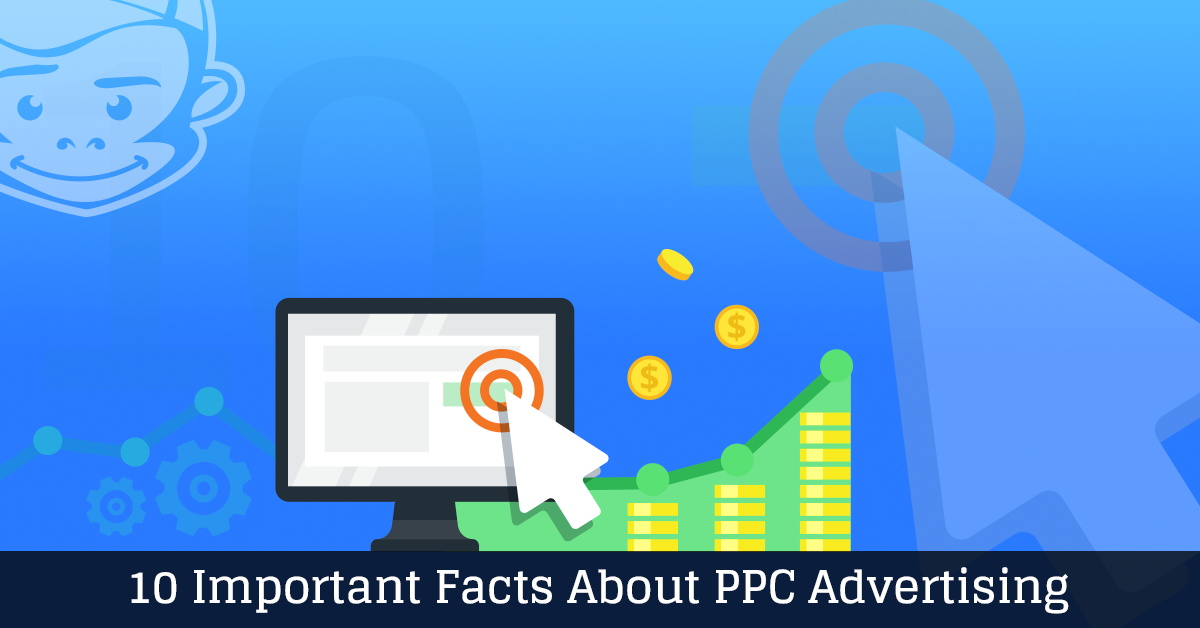Are you considering search engine advertising for your business? It can help customers find you, help you generate leads, and build better profits for your business.
But before you dive in, you need to know search advertising is a science. There are certain facts you need to know about this cause-and-effect relationship.
To help you in your quest, we’ve compiled a list of ten facts you might not know about pay-per-click (PPC) advertising.
Without further delay, let’s get started!
1. Keywords Drive Search Engine Advertising
It’s no secret Google leads the world in search. It’s also no mystery that it’s competitive to advertise on Google. Every business owner and webmaster on the web wants to master Google ads.
What makes Google campaigns challenging is there is so much to learn about Google advertising. To simplify the process you need to know the most important thing is your keywords.
Keywords rule when it comes to search engine advertising. To begin, sit down and brainstorm a list of keywords. You need to choose your keywords before you start using Adwords.
Next, arrange your keyword list in order of the traffic they will bring. Use tools like Ahrefs and SEMrush to learn how much traffic each keyword will deliver.
2. PPC Converts Higher Than Organic Traffic
Another important element of search engine advertising is PPC. Pay-per-click is paid search engine advertising. You can place advertising in the form of text ads, videos, or image ads.
With PPC you only pay when someone clicks. Every time a potential customer clicks on your ad, you pay a fee. What makes PPC effective is that 50% of traffic converts better than organic traffic.
3. More Than Half of People Who Click on PPC Ads Phone the Advertiser
52% of browsers call the advertisers whose ad they click on. Even with email as a popular method of communication, people prefer to call advertisers.
They want to speak to a live person on the phone. They can ask questions without having to wait for the company to return their email.
That’s why it’s important to have your business phone number displayed on your PPC advertisement. And these days it’s easy to make a call because phone numbers in ads are often clickable.
4. The Top Paid Ads Get 41% More Clicks
People click on the top three paid spots on Google. In fact, these ads generate more clicks than the rest of the ads on the page. But to get a top spot, you need high quality.
Here are some tips to get a better Quality Score with Adwords. Be sure to target your landing pages with targeted keywords. Design your targeted keywords for each individual ad group.
It might seem like extra effort, but it will improve your score. Know Your Quality Score Factors. It will help you monitor your campaigns and keep your I’s dotted and your Ts crossed.
5. PPC Doesn’t Have To Cost a Fortune
Some marketers think that PPC campaigns require big budgets. But this is a myth. PPC can offer high margin returns at all levels of budgets.
It’s true that you can scale campaigns to better profits with a larger investment. But it’s not only possible but probable to see a positive return on any level budget.
6. Negative Keywords Matter
What? Negative keywords? You read it right. Negative keywords are phrases and words that indicate people are not interested in your website.
Companies use them in broad search terms to target PPC campaigns. Adding them to your keywords is a good strategy. Knowing who will NOT be interested in your products and services is important to know in search engine advertising.
Include them in your campaign strategy and your ads will not appear in unqualified searches. This saves you money.
7. Higher Click Thru Rate Means Lower Cost Per Click
The better your ad and the higher the click-through rate you receive, the less you will pay for each click.
Search Engine Watch discovered that there is a 20% decrease in cost per click for every 0.1 percent in CTR using the Google Display Network, a network that spans millions of websites, videos, and applications.
To add, since CTR is an integral part of Google’s Quality Score rating for search advertising, keep this in mind and you’ll spend less per click.
8. Search Engine Algorithm Updates Don’t Affect PPC
Algorithm updates affect organic search engine rankings. Using SEO, you can get knocked off the page with a new update.
But this isn’t the case with PPC. The only rules you need to follow are the Quality Score metrics requirements. This makes it easier to excel with PPC because you know what to expect.
9. Google Drives 95% Ad Clicks on Mobile
This isn’t small potatoes. Google loves mobile. And it helps your company if you have a responsive website that is mobile optimized.
Make sure your advertisements are optimized for mobile. You don’t want to miss opportunities in this rapidly evolving market.
10. Remarketing Conversion Rates Grow with time
Remarketing campaigns produce a good return on your investment. Although CTR can decrease with time, conversion rates increase with remarketing campaigns.
Remarketing reinforces your company’s branding by reminding web visitors to finish where they left off. They will pick up the pieces left behind when they have visited your website before and failed to make a purchase.
Now you know ten important facts you may not have known before about search engine advertising. Are you ready to learn more about search engine advertising for your business?
Cheeky Money Advertising provides expert advice and professional services, including search engine advertising, PPC management, website development, digital marketing, search engine optimization, and more to help new and growing businesses increase their online revenue. Visit our website today to learn how we can help, read some articles on our blog, or get a quote right now.
For information on PPC click fraud visit our blog post here.





